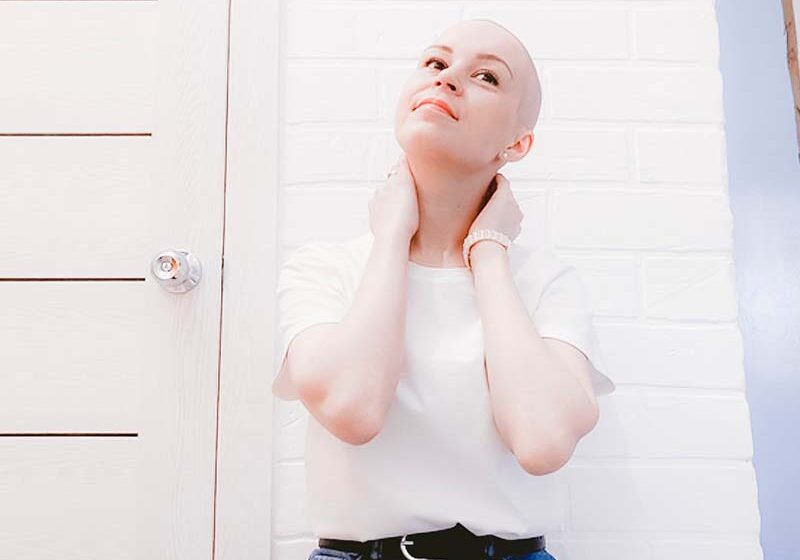
Life after hospital discharge
Содержание
Upon returning home after treatment, many people face the problem of “What do I do next?” This is perfectly normal, especially when treatment has been prolonged and life has changed beyond recognition. The important thing is that you are home! Tips can help you deal with the rest.
Preparing for discharge
Before you are discharged, be sure to consult with your doctor about questions:
- What complications can develop?
- In what cases, and if you have any symptoms, should you contact your doctor?
- Is a diet necessary?
- What will be the recommendations?
- Is rehabilitation needed? If so, what kind?
- When can the body be given physical activity?
- How should life change after discharge?
- What medications can and should be taken for pain management?
- Are nursing care and IVs required?
Make arrangements with loved ones to prepare your home before you arrive and help you get from the hospital.
First steps home
Once you cross the threshold of your own home, you don’t want to overwork yourself with household problems and pile on a million responsibilities. All you need is rest and peace of mind. Give yourself time to escape the hospital atmosphere and get used to your own home. Try to surround yourself with loved ones who will help prepare meals, monitor your medications as recommended, and provide moral support. A few days after your return home, when you feel better, you can start planning for the future and gradually perform simple household tasks.
Plan for the future
At first, all plans will revolve around the doctor’s recommendations. Think about how you can combine household, work, personal life, and rehabilitation. You also need to think about who will help you with everyday tasks for the first time. Think happy thoughts and gradually return to your normal rhythm.
Physical activity
Your doctor will tell you about special exercises and visits to a rehabilitator’s and physiotherapist’s office. They will choose your exercises and monitor your condition. If there are no orders to go to the specialists, start with minimal physical activity and record your results in a diary. Do not forget that the first time you will feel tired. Don’t be a hero – everything should be gradual. When you feel that you are doing better, you can increase the load.
Help others
A great way to rehabilitate yourself psychologically is to help those who are just starting their cancer journey. Find online forums or help centers in your city and talk about your experiences. This will give you a different perspective-you’re already perfectly healthy and others can be inspired by your inner strength.
Lifestyle changes
The first thing to do is to eliminate all stressors for the duration of your rehabilitation. Then it is important to stick to your diet, doctor’s prescriptions and find a new hobby that will give you joy. Try to give up bad habits.
Thoughts of relapse
The fear of cancer recurrence haunts many who have been cured of cancer. It is not scary if it does not overwhelm your life with constant anxiety. Work on your emotional state, find the strength to say goodbye to this chapter of life, and start a new one. Immerse yourself in your work, your rehab, your loved ones’ lives, and your own. Make plans and think only about good things.
Help from a psychologist
After long-term cancer treatment, there is often not enough strength to cope with all the thoughts and fears. If you do not have loved ones who can support you or their words do not seem meaningful to you – contact a psychologist. He is sure to have many ways to bring you back to life.